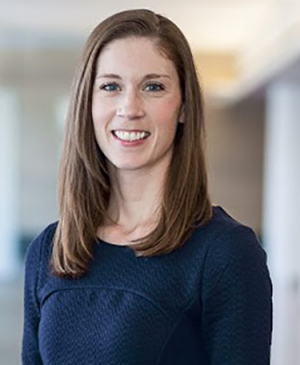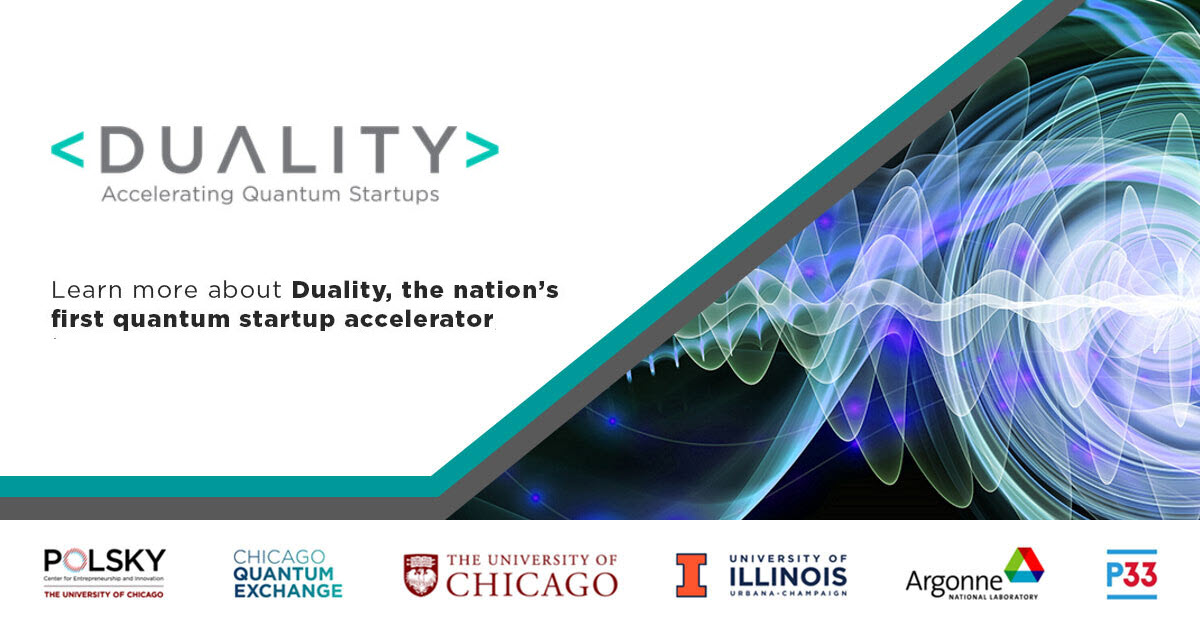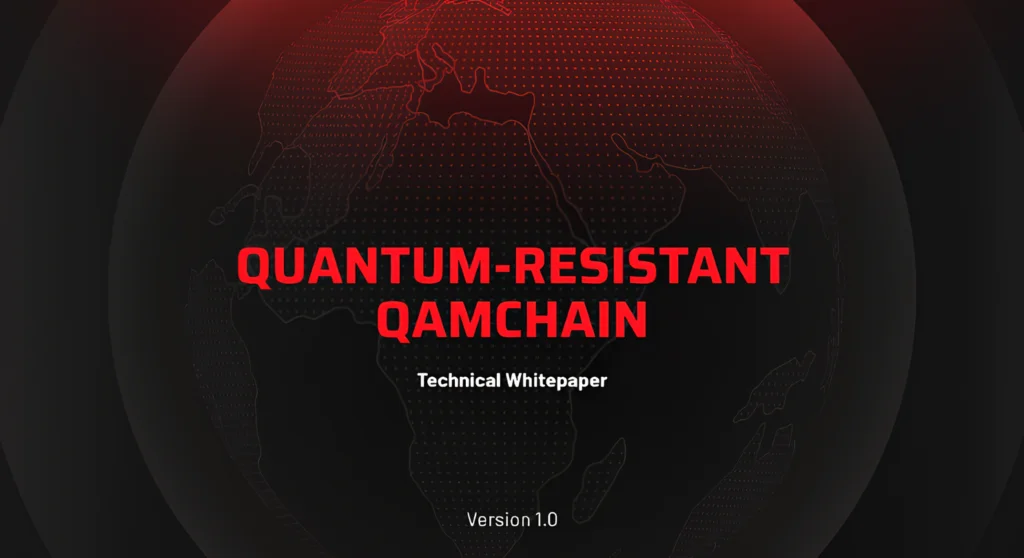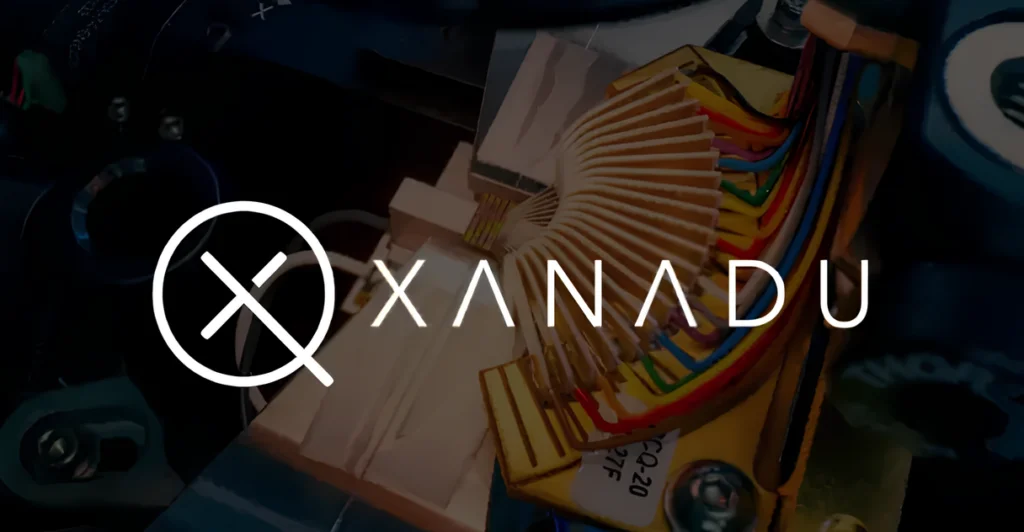
Interview with Melissa Byrn, Director of Innovation Programs at the Polsky Center for Entrepreneurship and Innovation at the University of Chicago
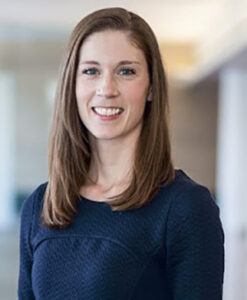
Q: So who put Duality together and what kind of people are you looking to target for startup founders?

The University of Chicago’s Polsky Center for Entrepreneurship and Innovation along with the Chicago Quantum Exchange teamed up with the University of Illinois Urbana-Champaign, Argonne National Laboratory, and P33 to create and launch Duality, the first quantum startup accelerator program in the nation. Duality leverages top business expertise from the University of Chicago Booth School of Business and Polsky Center—which has a 25-year track record in launching new startup companies through its nationally-ranked New Venture Challenge—and brings together the region’s top quantum experts and state-of-the-art facilities.
Startup founders who are working full-time on growing their business, looking to create new partnerships, and developing their technology are encouraged to apply to Duality. Founders should be willing to relocate to Chicago during the accelerator program in order to participate in the thriving Chicago innovation ecosystem and fully benefit from all of Duality’s program resources. Due to COVID-19, participants accepted into the first cohort of Duality will start virtually with remote-learning and support initially. However, the plan is to transition to in-person programming once it is possible for cohort participants to relocate to Chicago and attend in-person.
Q: Any particular sectors?
Companies developing quantum technologies, products, and applications are addressing some of the most challenging issues of our time. These companies will be primarily be focused on quantum computing (hardware and software), supply chain, communications, and sensors, which can have broad application across several sectors including healthcare, cybersecurity, finance, transportation, technology, and more.
Q: What kind of support is available to connect with ongoing developments in quantum applications?
Duality is a one-year accelerator program, which will provide new quantum companies with $50,000 and all the resources they need to gain traction, hit milestones, build out their team, and secure funding. The program is designed to bring in resources and mentors from the greater region as well as nationally. We know that successful startups cannot rely on their technology alone. Breakthrough companies will require a strategic go-to-market strategy, a diverse and talented team, experienced technical and business advisors, and a sophisticated funding strategy. These are exactly the elements that Duality aims to provide during the accelerator program.
Q: What stage do you need to be at?
Duality accepts early-stage quantum companies—defined as those that have not have raised more than $1 million in private funding at the time of entry to the program.
Q: The deadline is May 21st, right?
Yes, the application deadline for Cohort 1 is coming up fast on Friday, May 21, 2021. To apply, companies need to submit an online application.
Q: Do you have to have a complete startup team or is there some way to express interest/availability in helping/advising/joining a startup?
If someone does not have a company, but is interested in joining one of the startups accepted into Duality, feel free to reach out to us via email info@dualityaccelerator.com or follow our LinkedIn page to keep up with all the latest Duality news and information on our teams. Throughout the program, we will proactively help each company find mentors, team members, and access to funding resources.
Q: How would you describe the advantages in terms of nearby institutions, talent, and network effect for a Chicago quantum startup?
There are tremendous advantages in setting up a startup—especially a quantum startup-in Chicago. With a highly skilled talent base emerging from its world-class universities and state-of-the-art research and lab facilities, Chicago has the infrastructure for driving the future of quantum information science and engineering. Two of the five U.S. Department of Energy (DOE) quantum information science research centers are located in the greater Chicago area and one of the three National Science Foundation (NSF) quantum leap challenge institutes in the U.S. is led by the University of Illinois Urbana-Champaign. In addition, more than 30 Fortune 500 companies, including manufacturing, healthcare and life sciences, transportation and logistics, and financial tech, are in close proximately—allowing for several partnership opportunities and access to future customers. Gaining access to that ecosystem is a competitive advantage for any quantum startup.
Q: What mind of people are you looking for – background, discipline, expertise, gender, ethnicity etc.? Experts only or those who might wish to evolve into quantum?
We believe diversity allows for better innovation so we are actively promoting diversity, equity and inclusion as part of our recruiting efforts for Cohort 1 and the program is seeking a range of diverse applicants, in terms of race and ethnicity, gender, and geography.
Q: If part of a team is in Chicago, can remote/virtual participants also help a Duality startup?
We are motivated to ensure that the startup teams participating in Duality have the resources they need to build their business and technology quickly and strategically. To do that, they will have to leverage resources and expertise from across the world. We will work with teams to develop a plan that is best for their team. Given the nature of work today, we imagine that remote/virtual participation will play a role in Duality. For example, some of the educational programming and mentorship will be offered to remote audiences.
For more market insights, check out our latest quantum computing news here.

